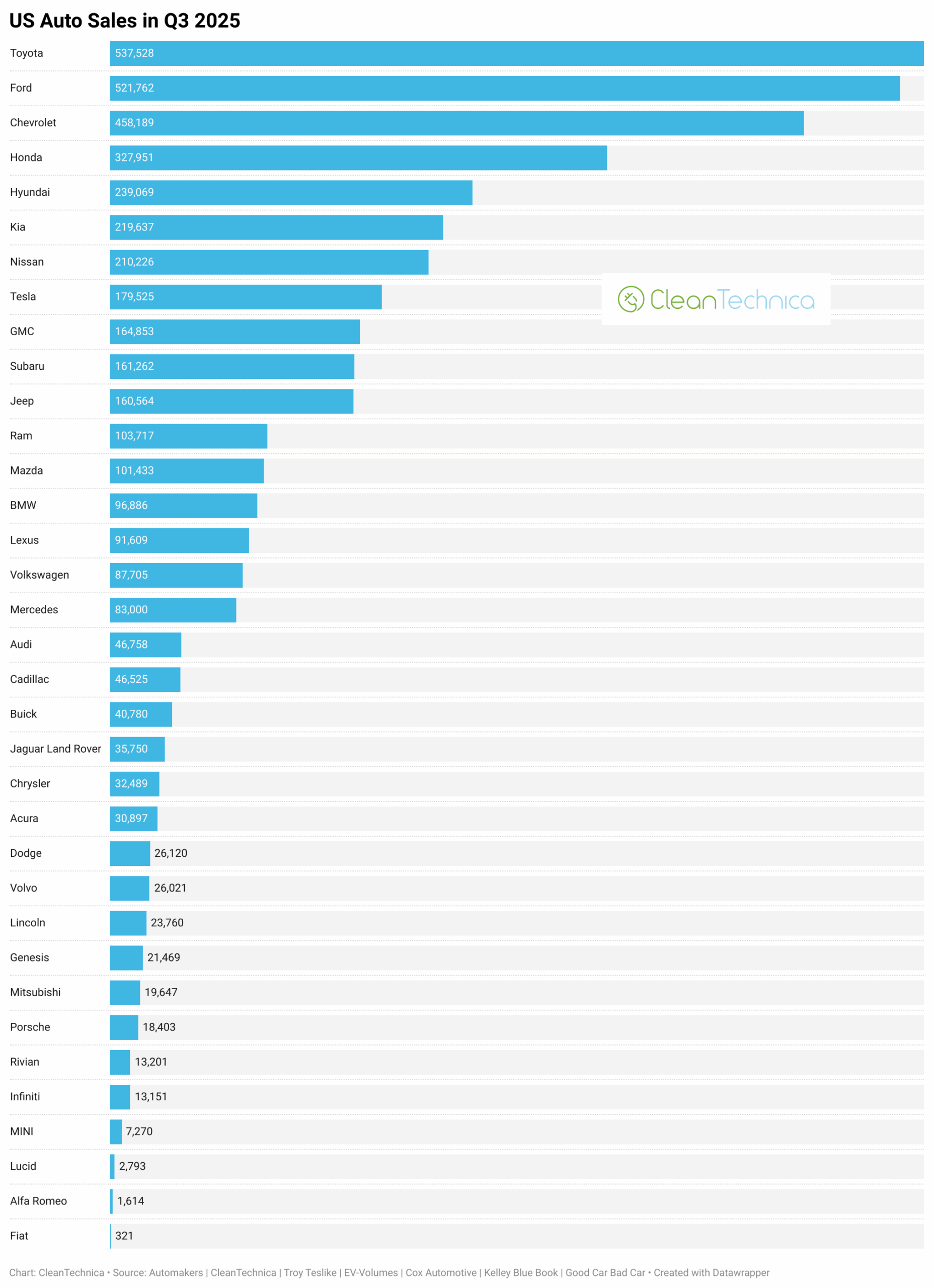Support CleanTechnica’s work through a Substack subscription or on Stripe.
There are many plant foods containing all nine essential amino acids: histidine, lysine, leucine, iso-leucine, methionine, phenylalanine, threonine, tryptophan and valine. So, it’s actually not necessary to eat meat, because a person can get protein from other sources. To make sure a person is getting enough of a balance of amino acids combining plant foods is believed to be beneficial.
In the same meeting, I also mentioned Dr. Joel Fuhrman, a medical doctor who follows a plant-based diet. In a YouTube video he talks about how it is very important for elderly people who use plant-based diets to make sure they are getting enough essential nutrients.
Some of his older patients who eat a plant-based diet had low levels of B12 and Omega 3 fatty acids. Low Omega 3 levels, he says, can correlate to brain shrinkage and cognitive decline. Therefore, he spoke about the need for ensuring certain nutrients to be consumed for people on plant-based diets because those were the patients coming to him at some point. He also mentioned potentially there may be a need for some supplementation.
There is a way to find out how much Omega 3s a person has: the Omega 3 index test which measures the amount of EPA and DHA in the blood.
While brain shrinkage might be wrongly only tied to some vegans, he says its something that can happen in all people, not only vegans.
During the Zoom meeting I was in, an elderly vegan lady interrupted me to say she eats potatoes every day and knows the social media influencer Chef AJ. If she ate 6 potatoes per day that would only be about 12-18 grams of protein, which would be woefully short of the 60 grams or more she would need.
None of what she said had anything to do with nutrition and she actually might have been the exemplar of an elderly vegan with brain issues who was not getting enough Omega 3s and other key nutrients such as B12, Vitamin D, protein and iron.
Where do people on plant-based diets get Omega 3s?
Flax seeds, chia seeds, spirulina, chlorella, algae oil supplements, and nori (seaweed). Walnuts and hemp seeds and soy have some ALA which can be converted by the body into EPA and DHA, but usually not that much and some people’s bodies might be better than others at such conversion.
On the surface, the above information doesn’t seem to have anything to do with sustainability. Plant-based foods are usually better for the planet than meats because plant foods typically are the lowest carbon. Some of the worst foods for the planet are meats: beef, lamb, and farmed shrimp. Dairy products are high carbon as well. There are other reasons why animal-based foods are bad for the environment, such as generating massive amounts of effluent that harms ecosystems, consuming vast amounts of water and destroying forests to make pasture land.
Sign up for CleanTechnica’s Weekly Substack for Zach and Scott’s in-depth analyses and high level summaries, sign up for our daily newsletter, and follow us on Google News!

Have a tip for CleanTechnica? Want to advertise? Want to suggest a guest for our CleanTech Talk podcast? Contact us here.
Sign up for our daily newsletter for 15 new cleantech stories a day. Or sign up for our weekly one on top stories of the week if daily is too frequent.
CleanTechnica uses affiliate links. See our policy here.
CleanTechnica’s Comment Policy




